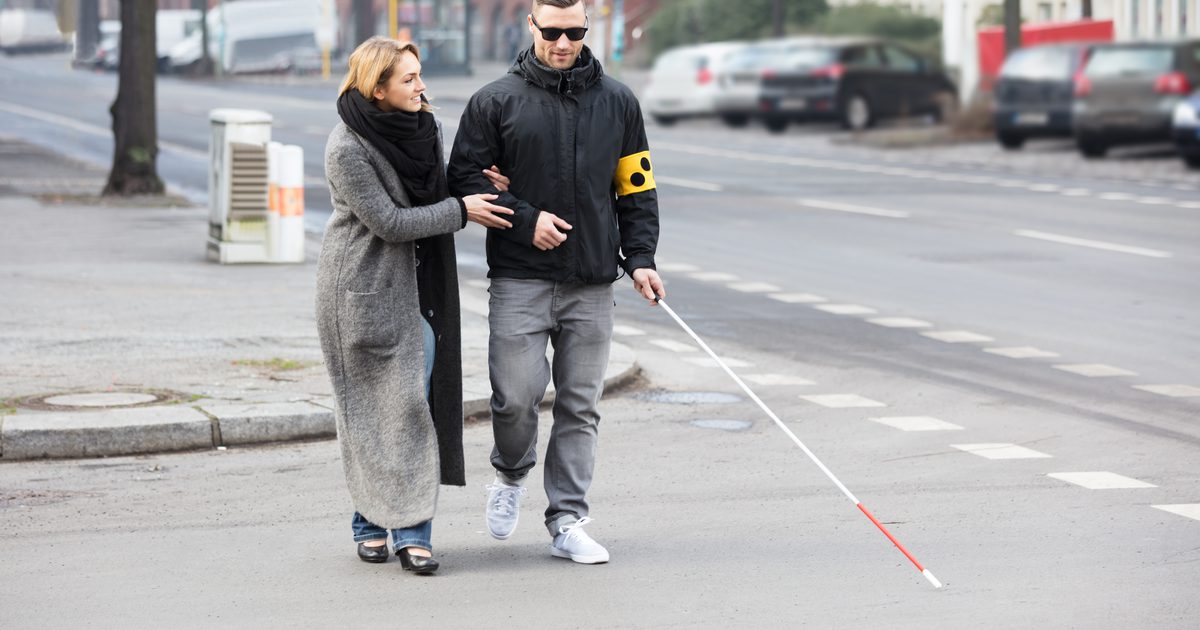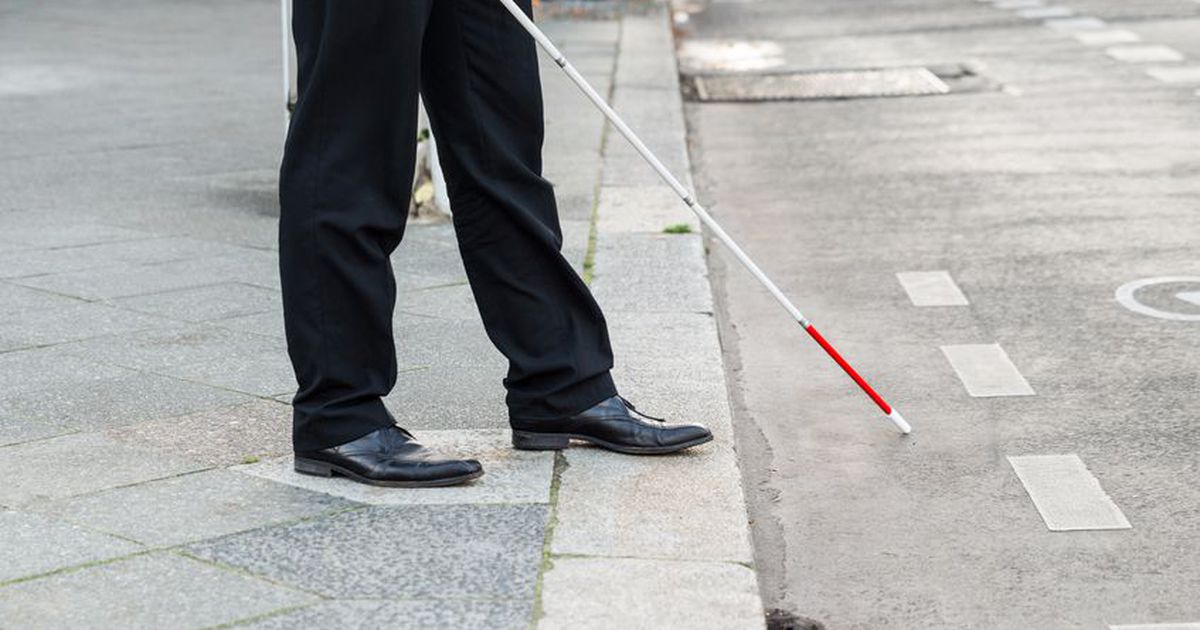Coping And Managing Blindness
Blindness can be a very frightening experience because it involves the loss of a fundamental sense. It can be temporary or permanent vision loss. It may be caused by an accident, disease, or be heredity. Blindness is prevalent in individuals older than fifty. Some diseases like glaucoma, diabetes, macular degeneration, and infection of the cornea can contribute to visual impairment and lead to absolute blindness. Treatment is varied and depends on the cause and severity of the blindness. There are many ways to cope and manage blindness. Learn about some of the most common and effective ones now.
Seek Out Support As Soon As Possible

Don't hesitate to reach out to others if you are blind and need help. Often, blindness is associated with helplessness and shame. For many years, it was commonplace for the blind to be treated as weak and burdensome. But in current times there are so many resources and special groups that offer support to blind individuals. This makes it easier to reach out for help. One popular group that offers a wide assortment of services and support is the American Council of the Blind (ACB). They can be of service to visually impaired individuals immediately if they are contacted for help. It is also important to not hide the fact you are blind. Do not sit at home feeling embarrassed and sorry about your situation or for yourself. Doing so will only make you feel depressed and helpless. Gain the strength and courage to seek out assistance if needed.
Keep reading to learn about more tips to cope with and manage blindness now.
Mobility Training

Mobility training is also known as orientation and mobility skills. This type of training teaches the visually impaired how to travel around effectively and safely. It teaches the blind to be aware of where they are and know where they want to go. Whether it's moving to the room next door or walking around in the city, mobility training can greatly improve the life of the individual who is blind. There are orientation and mobility trained specialists that teach the blind how to walk from one place to another without falling or tripping. These instructors teach individuals with vision loss how to use public transportation and transit systems safely and with ease. These teachers also aid the blind in developing their other senses further and advancing their problem-solving skills.
Continue to reveal more ways to cope with blindness.
